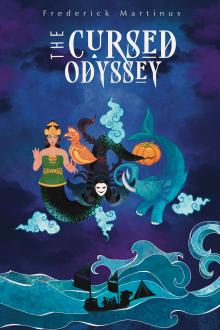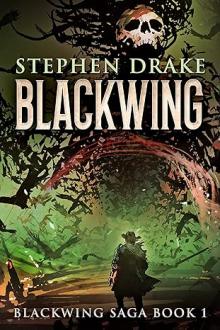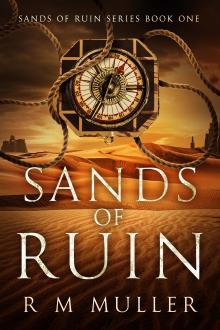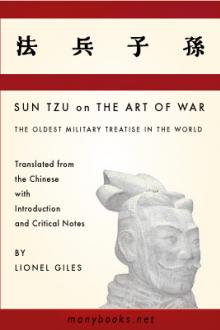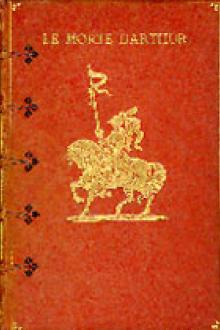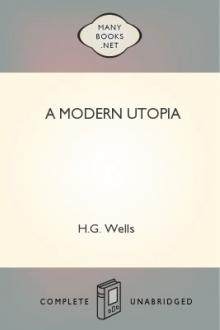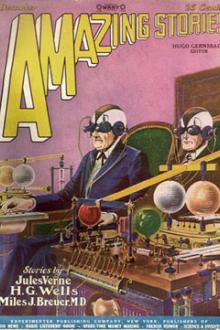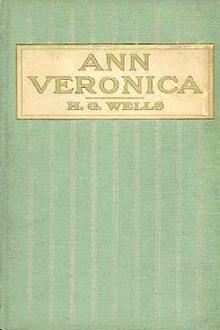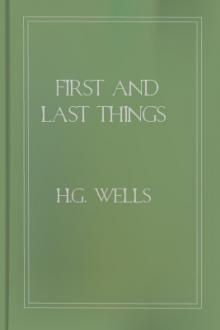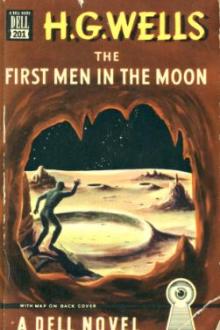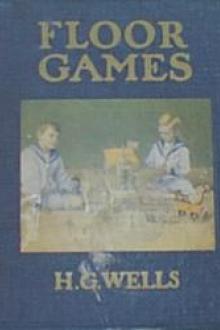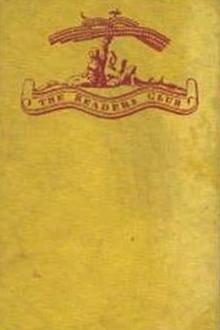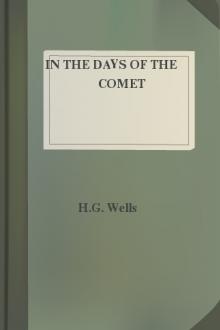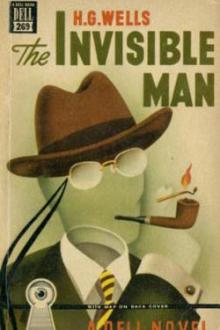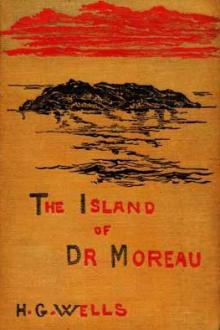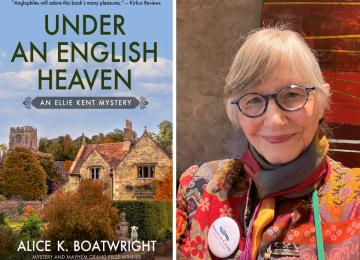Mr. Britling Sees It Through
Mr. Britling Sees It Through
For Mr Britling, eccentric and vivacious writer, the summer of 1914 consisted of long, hot days and luxurious house parties with a host of international guests to entertain him. And when he tired of this, he hopped across the channel where his devoted mistress was patiently waiting. But all this was about to change as Germany began marching into Belgium and Europe no longer provided the easy diversion he had so enjoyed. Mr Britling soon came to realise that this war was more than simply an inconvenience, and was a dangerous threat to those he loved. But all he could do was sit at home and wait. (Number one best selling novel of 1917.)
Book Excerpt
ching's Easy. Oblivious of any conversational necessities between Mr. Direck and Mr. Britling, this official now took charge of Mr. Direck's grip-sack, and, falling into line with the two gentlemen as they walked towards the exit gate, resumed what was evidently an interrupted discourse upon sweet peas, originally addressed to Mr. Britling.
He was a small, elderly man with a determined-looking face and a sea voice, and it was clear he overestimated the distance of his hearers.
"Mr. Darling what's head gardener up at Claverings, 'e can't get sweet peas like that, try 'ow 'e will. Tried everything 'e 'as. Sand ballast, 'e's tried. Seeds same as me. 'E came along 'ere only the other day, 'e did, and 'e says to me, 'e says, 'darned 'f I can see why a station-master should beat a professional gardener at 'is own game,' 'e says, 'but you do. And in your orf time, too, so's to speak,' 'e says. 'I've tried sile,' 'e says--"
"Your first visit to England?" asked Mr. Britling of hi
FREE EBOOKS AND DEALS
(view all)Popular books in Fiction and Literature, War
Readers reviews
3.0
LoginSign up
(1916) Introspection / War Time / / Some Humor
Plot bullets
Mr. Britling is a successful author and lecturer on social and political subjects.
His ideas and concepts are due for a shake-up.
Personal events and WWI challenge his thoughts and life. But he will see it through.
The first part has a good deal of humor. The second turns more
toward personal problems and the rumor of war. The third is of the war
and how Mr. Britlingand and the various English people and classes handles it.
Plot bullets
Mr. Britling is a successful author and lecturer on social and political subjects.
His ideas and concepts are due for a shake-up.
Personal events and WWI challenge his thoughts and life. But he will see it through.
The first part has a good deal of humor. The second turns more
toward personal problems and the rumor of war. The third is of the war
and how Mr. Britlingand and the various English people and classes handles it.
- Upvote (0)
- Downvote (0)
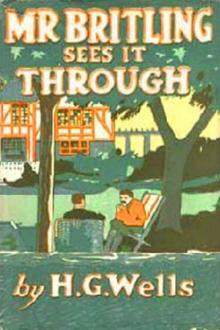
 Free Download
Free Download

